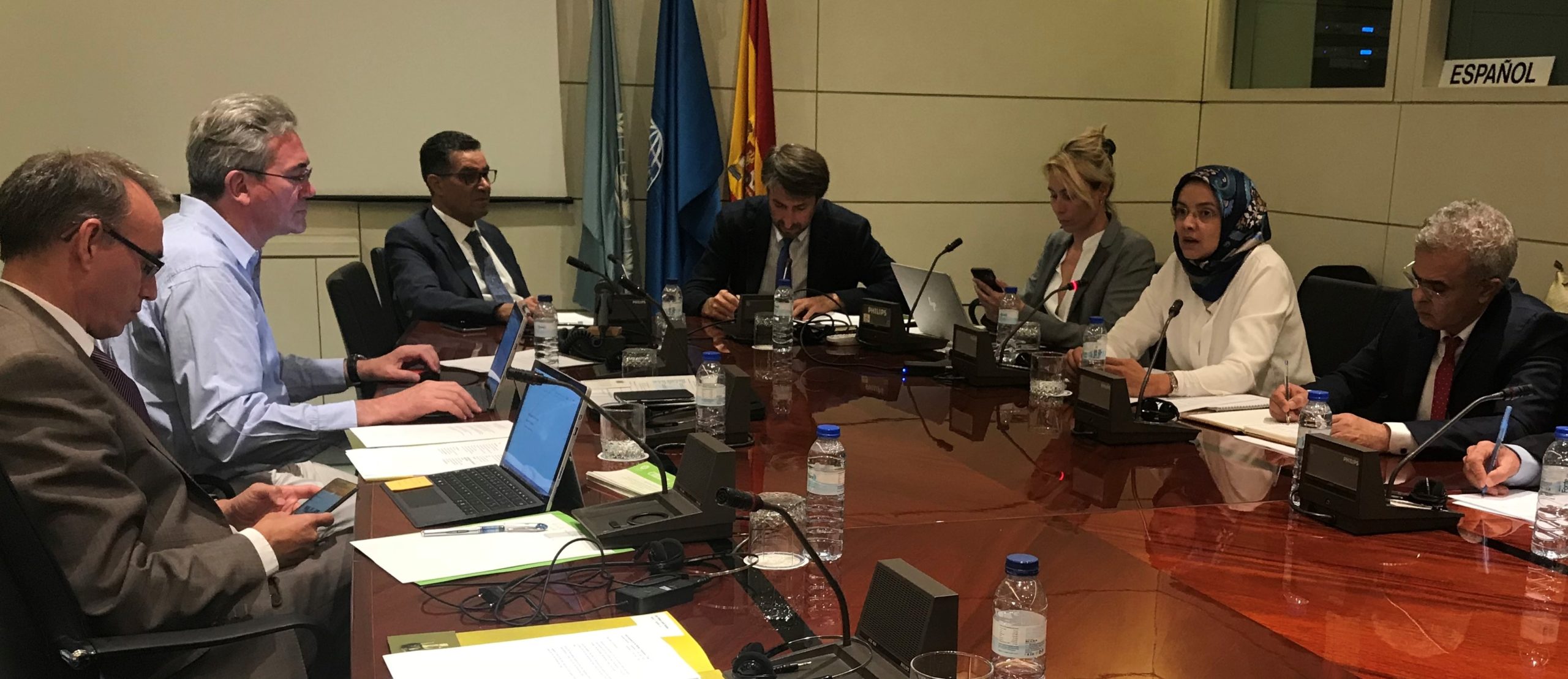The IOC fosters synergy between olive growing, olive oil technology and the environment through technical cooperation and training activities, with a view to promoting environmental conservation and sustainable production, and ensuring the integrated and sustainable development of the sector.
To achieve this goal, we have cooperated with public and private bodies and entities, whether national or international, and organised international, regional and national training activities in the fields connected with the olive sector in order to encourage the exchange of information and experience in the olive field.
An example of these activities are the national missions and training sessions that meet the specific needs of our member countries, and the international seminars and training sessions that take place with the aim of improving and harmonising the scientific and technical knowledge of IOC members. Our broad approach has covered the following themes:
- genetic olive resources;
- Olive plant propagation and certification;
- Biotechnology of the olive tree and quality in mediterranean countries;
- Scientific innovations and their applications to olive cultivation and olive oil technology;
- Identification of varieties best adapted to the soiL and climatic conditions of specific countries;
- olive orchard and harvest mechanization; intensive olive growing;
- olive pruning; management of water resources and irrigation in olive orchards;
- good practices, sustainable development and cooperation in olive oil; sustainable techniques for productive, sustainable olive growing;
- Cultivation systems and olive oil quality;
- olive orchard management in rainfed conditions; integrated production of olive crops;
- organic olive farming;
- Plant pests and diseases for the management and prevention of the expansion of Bactrocera oleae;
- Technical assistance in plant pathology to control Zeuzera pyrina l. and prevent its spread;
- integrated actions against Xylella fastidiosa to protect olive trees and facilitate international trade; fertirrigation in olive growing; olive growing and climate change;
- olive tree and the environment;
- olive oil quality improvement;
- olive oil production, quality improvement and environmental protection;
- The influence of olive fruit harvesting, transportation and storage on olive oil quality;
- Table olive processing; olive oil standards; table olive standards;
- Table olive and olive oil marketing strategies;
- The physico–chemical analysis of olive oil;
- olive oil testing methods cited in the ioC trade standard;
- Chromatogram olive oil analysis interpretation; organoleptic assessment of virgin olive oil
by tasters ;
- Panel leaders on the sensory analysis of virgin olive oil and table olives;
- designations of origin and common quality policies; the present and future of the mediterranean olive sector;
- all you need to know about the ioC and the olive industry;
- The olive sector in the americas; etc.
To be continued. Next: olive germplasm banks









